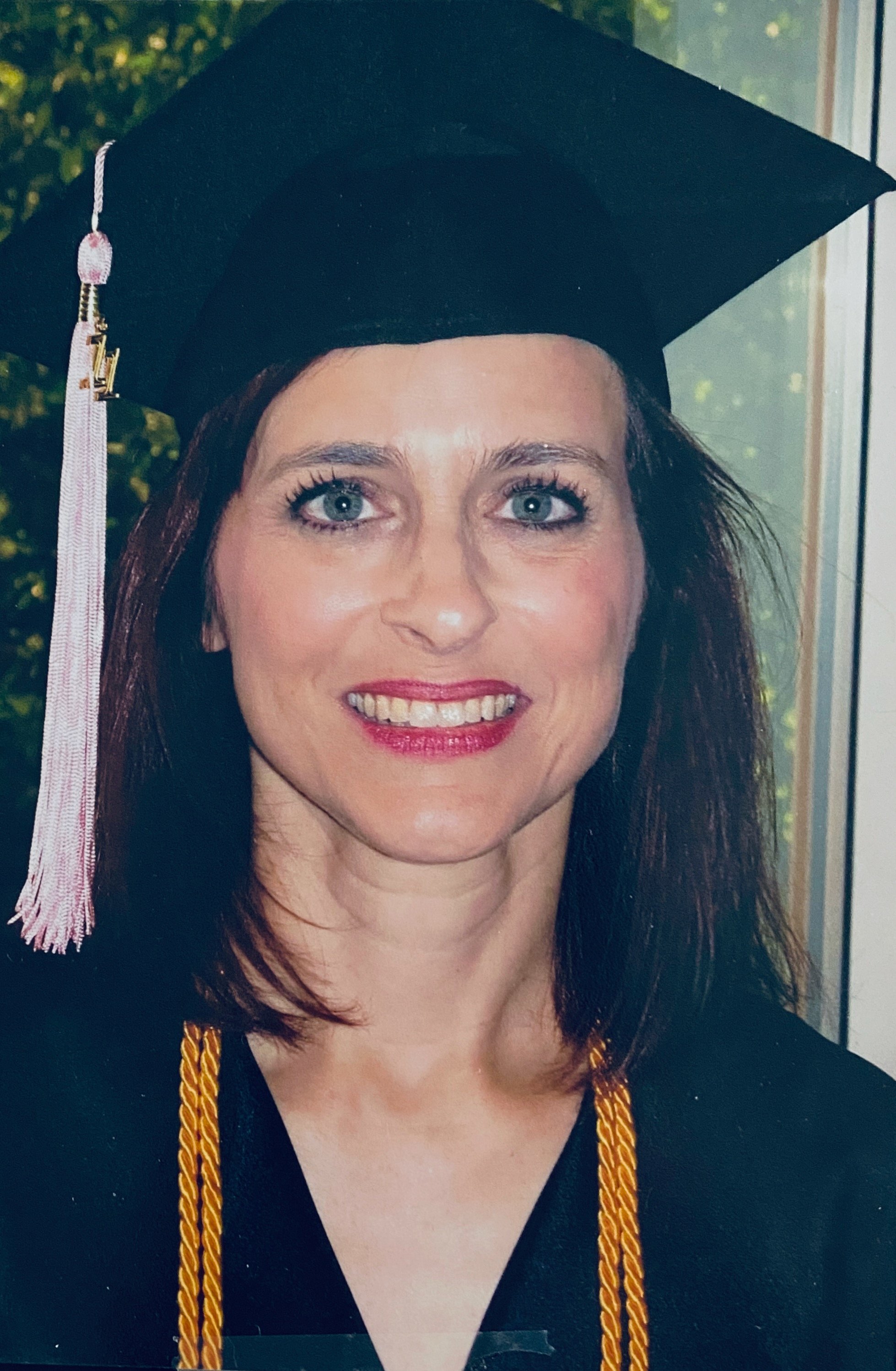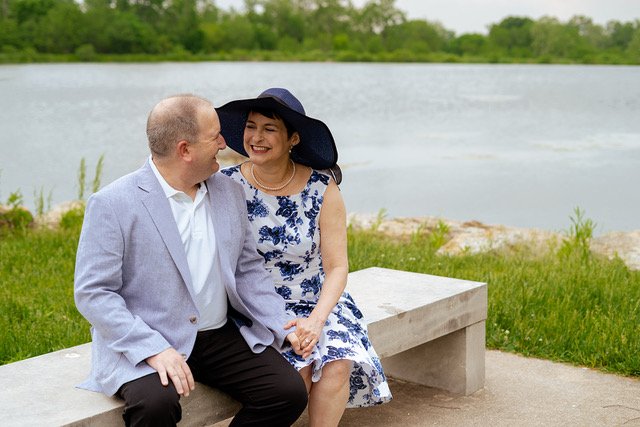How many of you have had the good fortune of visiting Disney World or Disneyland? Whatever the case, Disney is the most magical place on earth, right? – especially if you’re a child, but even for some of you grown-ups, too. I remember being skeptical and cynical and sort of a Scrooge about Disney the first time we took the boys when they were little, because I was doing the math… I was counting the cost… I was lamenting how much more or better or different we could be doing with all of that money, besides giving it to The Mouse. (And we have friends who work there, so we weren’t even paying for all of the things!)
But, we got there and I drank the Kool-Aid real quick. I bought it all hook-line-and-sinker, because the boys were excited and in awe and enamored by the rides and the fireworks, by Buzz and Woody, by Goofy and Mickey, and all the rest, coming to life, right before their very eyes. At one point, after dropping $27 dollars (or something similarly ridiculous) on a Buzz Light Year action figure/drink cup, probably with no more than 10 ounces of lemonade inside, I declared, “Walt Disney can have all of my money.” The boys were just having that much fun.
Well, Disney works really hard at making their parks “the most magical places on earth.” Among so many ingeniously “imagineered” things, did you know that Disney has paint colors they’ve named “Go Away Green,” and “Bye Bye Blue?” They’re the colors Disney uses to neutralize and “disappear” the unappealing, unattractive – but necessary – parts of any public space, like garbage cans, mechanical boxes, fences and partitions … even the utilitarian buildings you might see from the monorails and Skyliner gondola ride are hidden in plain sight with these cleverly camouflaged paint colors. And all of that is great, for fairy tales and child’s play and a week’s vacation in Never Neverland.
But tonight – Ash Wednesday – is about precisely the opposite. It’s about doing anything and everything BUT “disappearing” the unappealing, unattractive, ugly parts of our lives as people on the planet. Tonight is about laying them bear – the shame, the death, and the sin of it all. It’s about calling it out, owning it, rubbing it into our foreheads for ourselves and others to see, and trusting that God will do God’s thing with this dust and these ashes and the brokenness they represent – that God will forgive it, redeem it, wipe it off, wash it away, transform it into something other than the mere smudge and smut that stains us all.
And I’d like to take this all a bit further – dig a bit deeper, maybe – this time around for our Lenten walk in the weeks ahead. If you read my newsletter article for February, you know I tried to get you all thinking about this plan long before tonight.
Over the course of the last several months, I’ve been particularly moved by Anderson Cooper’s All There Is podcast. He started it after the death of his mother, Gloria Vanderbilt, a couple of years ago, when he began to take on the monumental, emotionally taxing, spiritually draining task of going through her things – and reliving his life and hers and theirs together – as the last living adult in his immediate family.
For those of you who don’t know, Anderson Cooper’s father died when Anderson was just ten years old, and his older brother, Carter, died by suicide when he was 23, and Anderson was 21. Carter jumped from the 14th floor of their New York apartment while their mother watched.
So, left with all of that history, tragedy, and sadness, Anderson was left to digest and deal with the grief he soon realized he’d never been taught or trained or equipped to do well. And he began to record his reflections about it all and to share conversations with others who’d traveled the road of grief and sorrow, too, so that he could learn from their experience and wisdom – and share it with whoever else might want to listen.
I’ve been so moved by those conversations and inspired by the simple truth that grief is – or will be – the common ground we all share as human beings, that it felt like a holy calling and a faithful responsibility to do together, and for each other, however much we’re able: the good work of teaching and learning and praying about and equipping one another to grieve well, I mean – or at least to broach the topic and engage the notion that that’s possible, and a worthwhile endeavor, to grieve well – during this coming season of Lent.
And in many ways, it should be nothing new. Like I’ve already said, it’s so much a part of what brings us together on Ash Wednesday. And I think there’s something about the common ground of grief that makes this service and our Good Friday worship every year, too, so compelling for so many of us. (More of us typically come together for those two worship experiences than all the Wednesdays in between. But I’m hoping to change that this time around.)
Because it seems to me that – as hard as it can be – something about it all draws us to the ritual of and to the reflection on the grief that gathers us. So I’d like to do more of that, more deliberately in the weeks ahead. And while we don’t always know or acknowledge or have language for it, our penchant for this is a great part of the human experience – and it would and should and could be, for us, a deep, meaningful, exercise of faith as children of God.
In scripture, we read about Job, in the throes of relentless grief, repenting in dust and ashes. We know that, in Old Testament days, prophets and priests, kings and commoners, put on sackcloth and covered their heads with earth and dirt and dust and ashes, too. In the book of Judges, we read about the women of Israel who made an annual, public display of their grief over the murder of Jepthah’s daughter – one of their own – so that the nation would never forget it. In Jeremiah, we read about the wailing of Rachel being heard in Ramah for God’s children who were lost and banished into exile. And, of course we know of Jesus, weeping over Jerusalem, mourning the loss of his friend Lazarus, shedding tears as thick as blood in the Garden of Gethsemane, and crying from the cross, “My God, My God, why have you forsaken me?”
My point is, this is God’s desire for us, believe it or not – to acknowledge, wrestle with, and experience the grief that finds us in this life. There’s no such thing as – or at least not enough – “Go Away Green,” or “Bye Bye Blue” – or “Go Away Grief” or “Bye Bye Blues” as the case may be – when it comes to the sorrows of this world. It’s hard and feels unholy and it can be unfair too much of the time. And our inclination can be to cover over it and pray it away and paint it into oblivion if we could – or sleep, and sleep-walk our way through it like the disciples in tonight’s Gospel.
But tonight … the ashes on our heads … these Lenten days that lie ahead … the cross of Christ that waits for us down the road … all of it is an invitation to see that grief and sorrow are part of life in the world, that no one escapes it, that none of us is immune from it, that not even the God we know in Jesus could shake it at every turn.
And that’s what this obnoxious wall is all about. Each week we’ll bring something forward to this shrine of grief and sorrow. We will grieve those we’ve loved and lost on this side of Heaven. We will grieve the loss of and damage to creation. We will grieve our regrets, our missed opportunities, the generational sorrows of our people, God’s children, the Church, and more. I suspect it will be hard and holy. I imagine it will beautiful and brutal, at times. And I pray it will be instructive and healing and unburdening and life-giving and hopeful, in the end, too.
There’s a poet named Denise Levertov who wrote this about grief:
To speak of sorrow
works upon it
moves it from its
crouched place barring
the way to and from the soul’s hall.
That’s what I hope we’ll do with our grief in the days ahead. Speak of it, at the very least, so that it doesn’t block our connection to God’s greatest desire for us. Not deny or hide or run from it. Not keep quiet about the challenge it can be to our faith. Not feel bad or guilty for wishing it wasn’t ours to bear.
And I hope we’ll trust what God can do with it … what God can do with us … if we will let our grief and sorrow be; if we feel it; if we learn to live with these ashes for more than just an evening, perhaps; more than just a season, even; as more than just a symbol, and as something God is always undoing, always making new, always redeeming, always raising from the dead … to new life … with love and full of hope, in Jesus’ name.
Amen






























